Smart Home and BMS Projects
The two concepts of Smart Home Systems and Building Management Systems (BMS) play a significant role as modern technologies in managing and controlling living and working environments. They contribute to optimizing energy consumption, enhancing user comfort, and improving security. In the following, we will examine these systems, their components, advantages, and challenges.
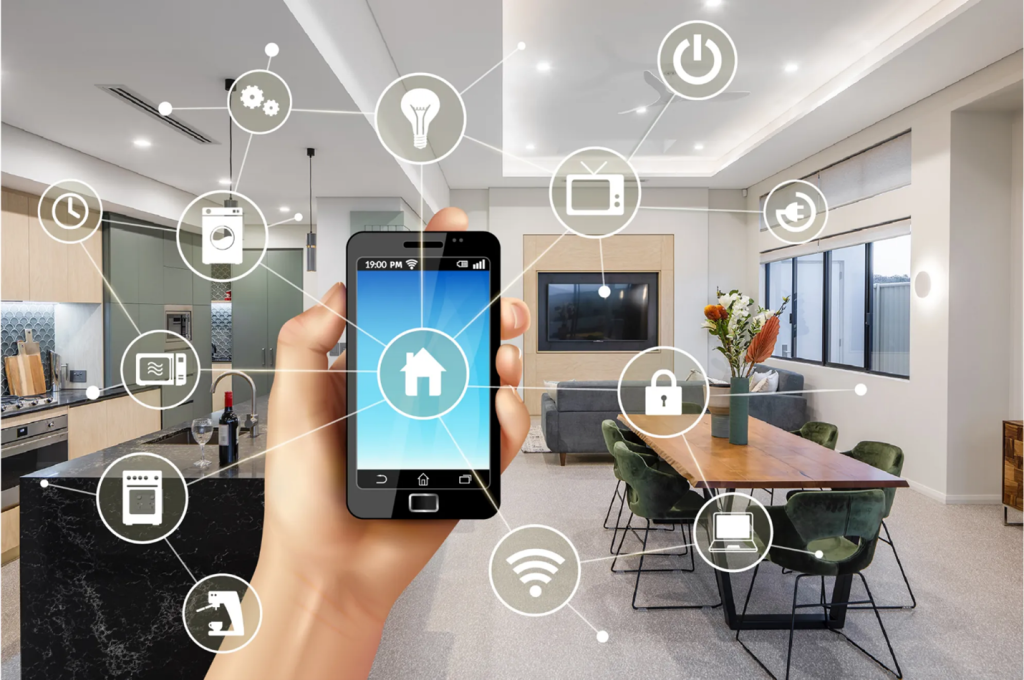
- Definition of Smart Home Systems and BMS
Smart Home Systems refer to a collection of devices and technologies that allow users to remotely and automatically control and manage home equipment such as lighting, heating, ventilation, security, and other electronic devices.
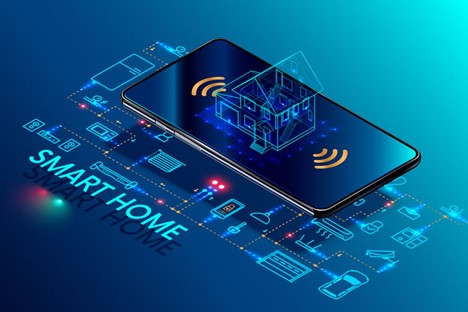
Building Management Systems (BMS) are systems designed to control and monitor the performance of various equipment in a building, including heating, ventilation, lighting, and security systems. These systems are typically used in large commercial buildings.
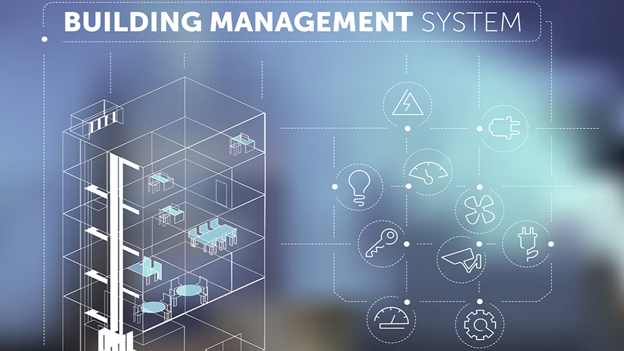
- Components of Smart Home Systems and BMS
– Sensors: For collecting data from the environment, such as temperature, humidity, motion, and light.
– Controllers: Devices that process sensor data and send necessary commands to various equipment.
– Actuators: Equipment that acts based on the commands from controllers, such as lights, thermostats, and smart locks.
– User Interface: Applications or control panels that allow users to manage the system.
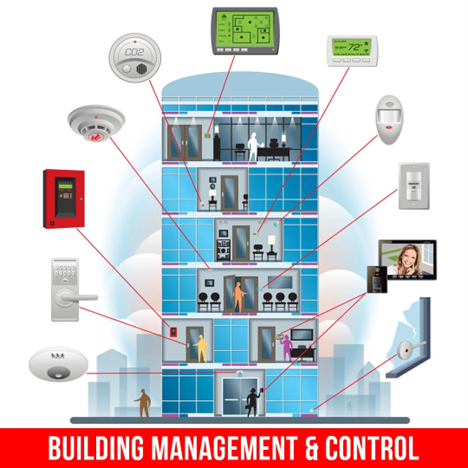
- Advantages of Smart Home Systems and BMS
– Energy Optimization: Using sensors and smart controls can reduce energy consumption.
– Increased Comfort: Users can control equipment with a click or through voice commands.
– Enhanced Security: Smart security systems can automatically send alerts and facilitate monitoring of the environment.
– Remote Management: Users can access and control the system from anywhere.
- Challenges and Considerations
– Initial Costs: Installing smart systems can be expensive.
– Security Issues: With increased internet connectivity, security risks also rise.
– Compatibility: Some devices may not be compatible with each other, which can create issues.
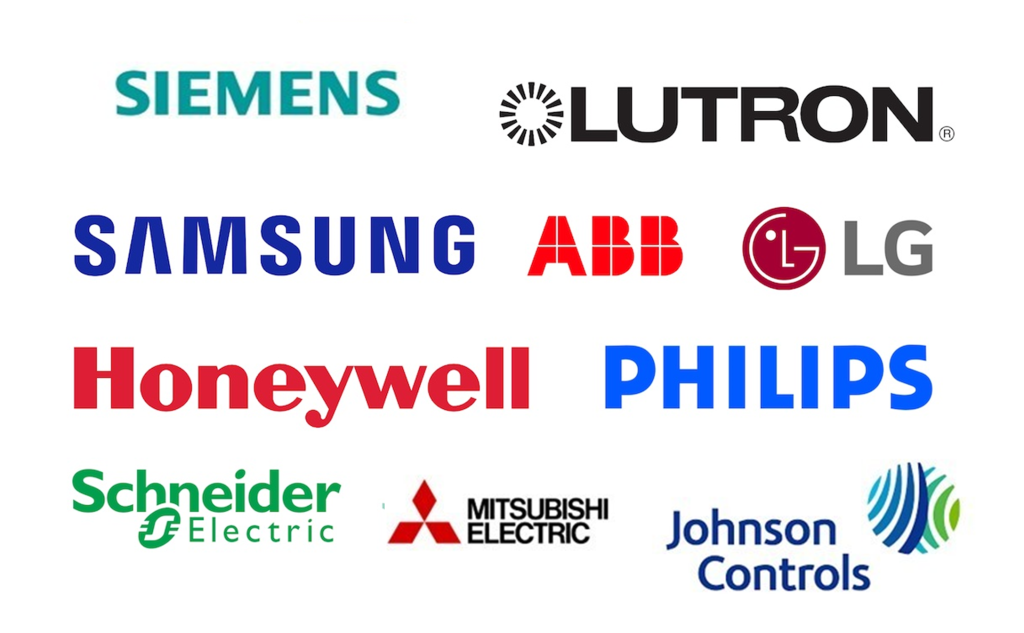
- Prominent Global Brands in Smart Home and BMS
- Siemens:
– Products such as Desigo CC for integrated building management and Siveillance for security and surveillance.
- Schneider Electric:
– The EcoStruxure system, which includes energy management and building automation.
- ABB:
– ABB Ability products for smart building management and energy control.
- Mitsubishi Electric:
– MELCloud systems for air conditioning control and energy management.
- Honeywell:
– Building Management Solutions systems that include HVAC control and building security.
- Johnson Controls:
– Metasys products for managing and controlling various systems in buildings.
- Nest (Google):
– Nest smart thermostat
– Nest security cameras
– Smart lighting systems.
- Philips Hue:
– Philips Hue smart lighting system
– Smart LED bulbs.
- Amazon (Alexa):
– Echo Dot and Echo Show (smart devices with voice assistant)
– Smart home systems connected to Alexa.
- Samsung SmartThings:
– SmartThings hub
– Motion and door sensors
– Security cameras.
- Lutron:
– Lighting control systems
– Smart shades.
These brands contribute to improving the quality of life and enhancing energy efficiency by offering a variety of products in the field of smart homes and building management.
- Conclusion
Smart Home Systems and BMS represent innovative solutions for managing and controlling living and working environments, with high potential for improving quality of life and work. However, attention to challenges and considerations related to security and costs is also essential. With technological advancements, these systems are expected to be more widely used in the future.
In Iran, Smart Home Systems and BMS are also growing and developing. As public awareness of the benefits of these systems increases, such as energy optimization, enhanced security, and comfort, the adoption of these technologies has risen in recent years.
Various factors, including technological advancements, rising energy prices, and the need for optimal resource management, have led individuals and organizations to adopt smart home systems and BMS. Additionally, some new construction projects in Iran are specifically equipped with these systems.
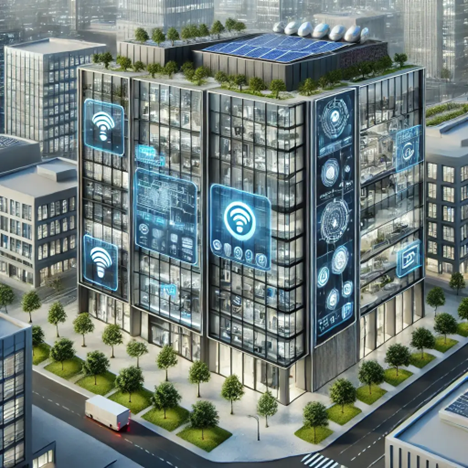
However, challenges such as high initial costs, lack of complete awareness regarding the capabilities and benefits of these systems, and the need for suitable infrastructure still exist, which can impact their expansion. Overall, it can be said that the status of these systems in Iran is improving, but there is still room for further development.

